In today's Gulf business world, data volume is doubling daily, and management decisions now depend on having access to the right information at the right time.
However, despite this rapid growth, many organizations still treat archiving as a mere electronic vault, storing files without understanding them.
The fourth episode of the Smart Assistant for Digital Transformation podcast takes you deep into the shift from traditional to smart archiving—where the system doesn't just store documents, but reads, understands, and suggests classifications using artificial intelligence, optical character recognition (OCR), and natural language processing (NLP).
In this conversation between Mona and engineer Hamad bin Salem, fundamental questions are addressed, such as:
How do AI algorithms help organizations transform their files into analyzable data?
What is the relationship between smart archiving and data governance?
And how do we maintain privacy and security in a smart system environment?
This episode blends the technical and administrative aspects, presenting Hamad's realistic vision for building an archive that learns from users and evolves with them step by step. You will learn about concepts such as automatic classification, metadata, document lifecycle, and proactive archiving, and discover how a system can transform from a mere tool into an "information advisor" that supports executive decision-making.
This session is not just for programmers, but for any leader or decision-maker who wants to understand how AI can transform their company's archives from an administrative burden into an operational asset that generates efficiency, security, and speed.
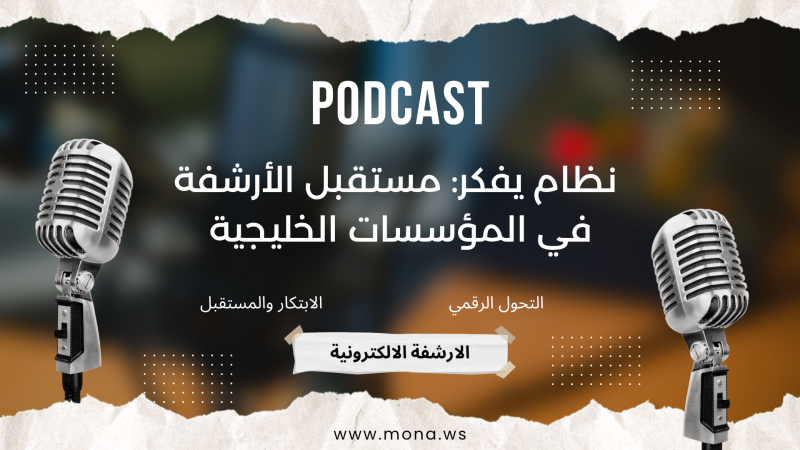
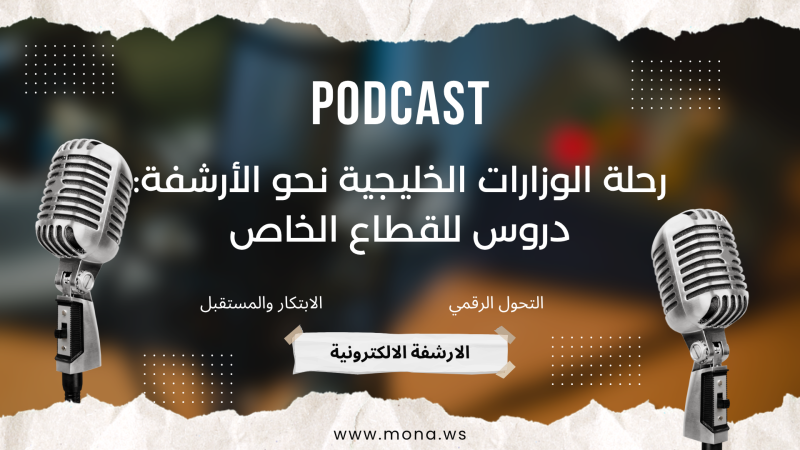
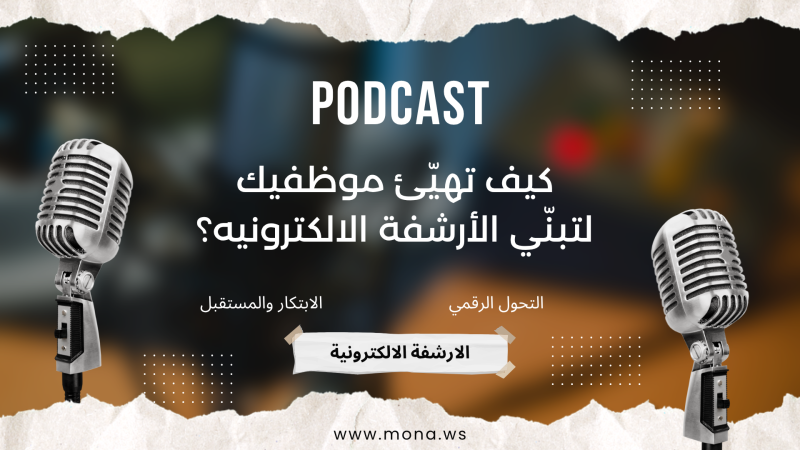
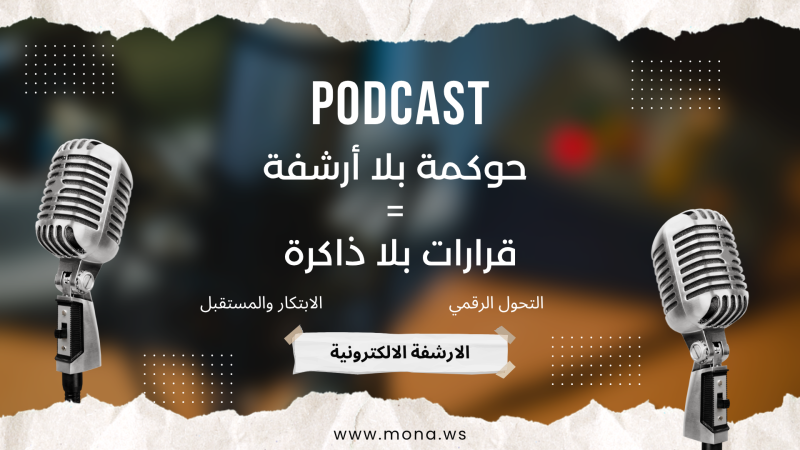
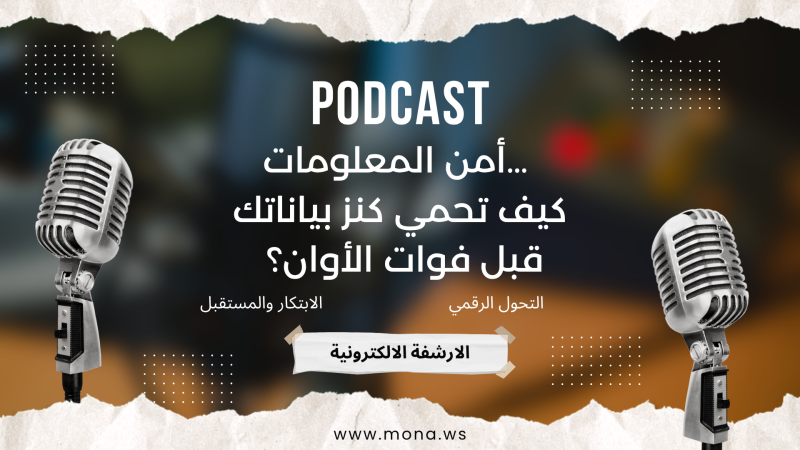
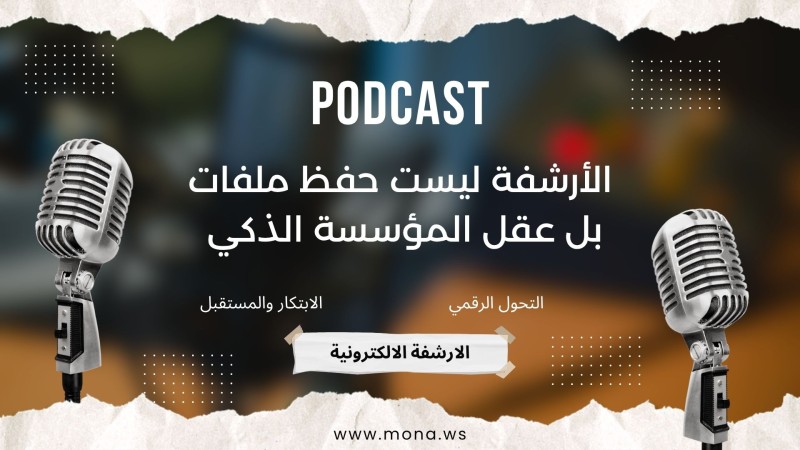
Comments
Add New Comment